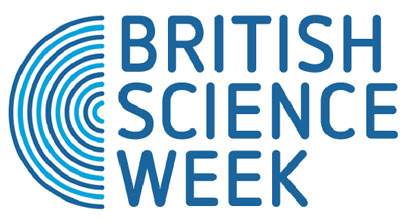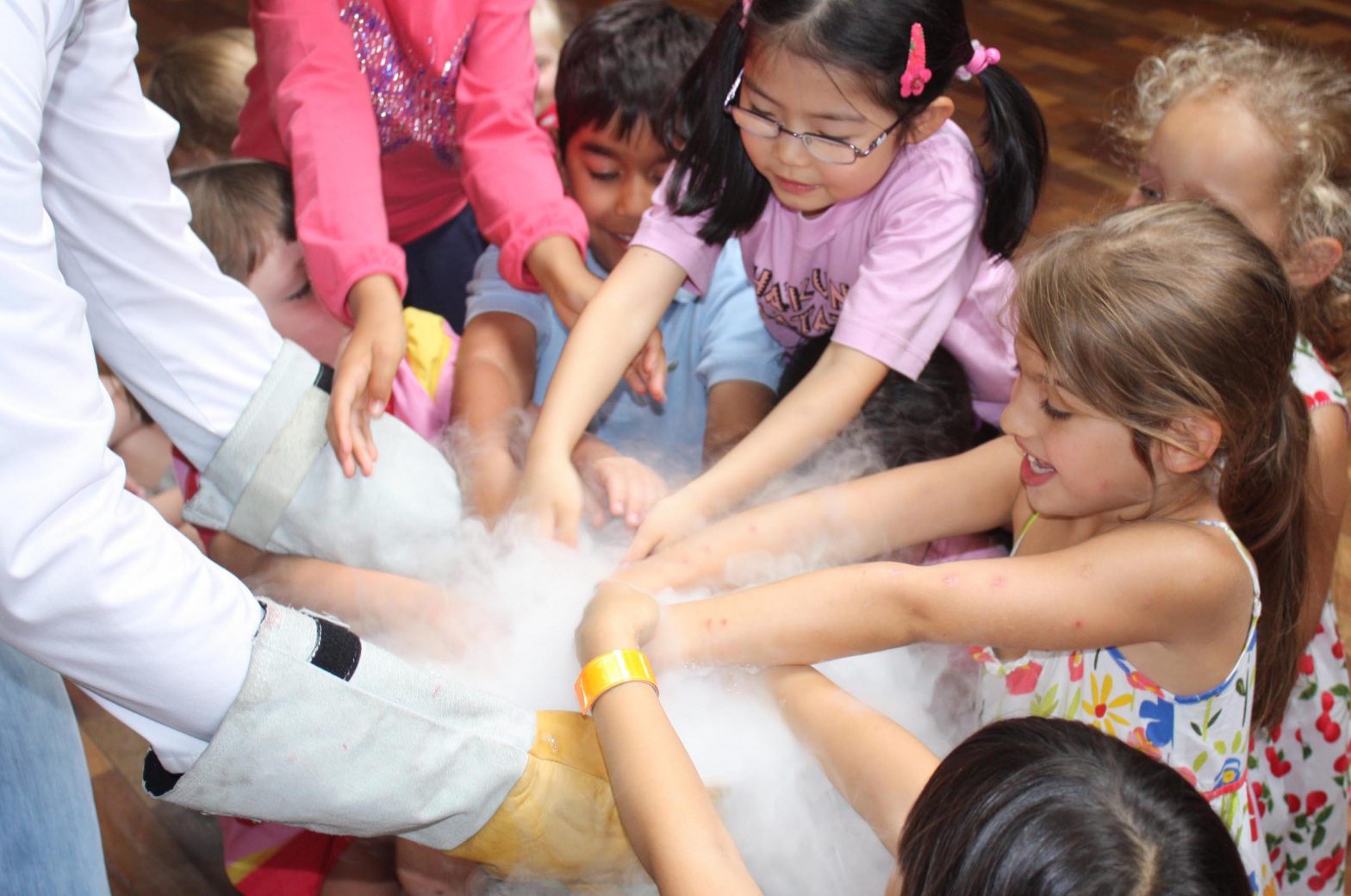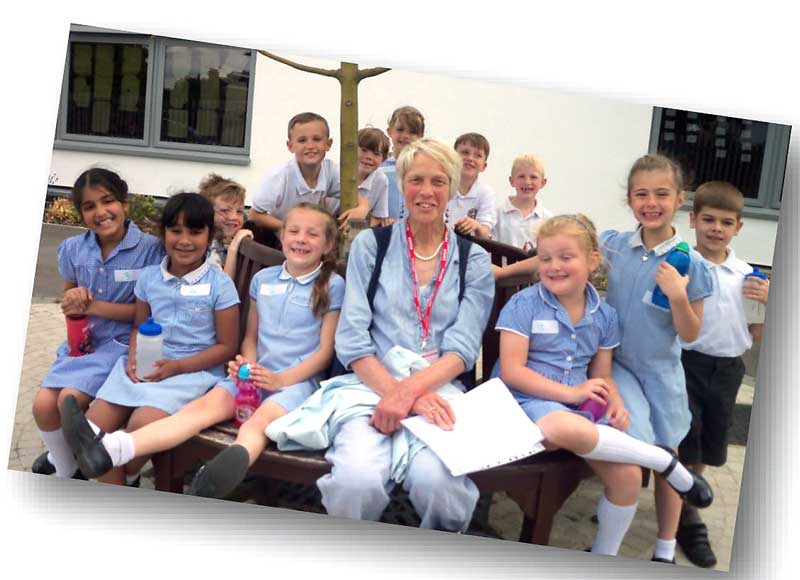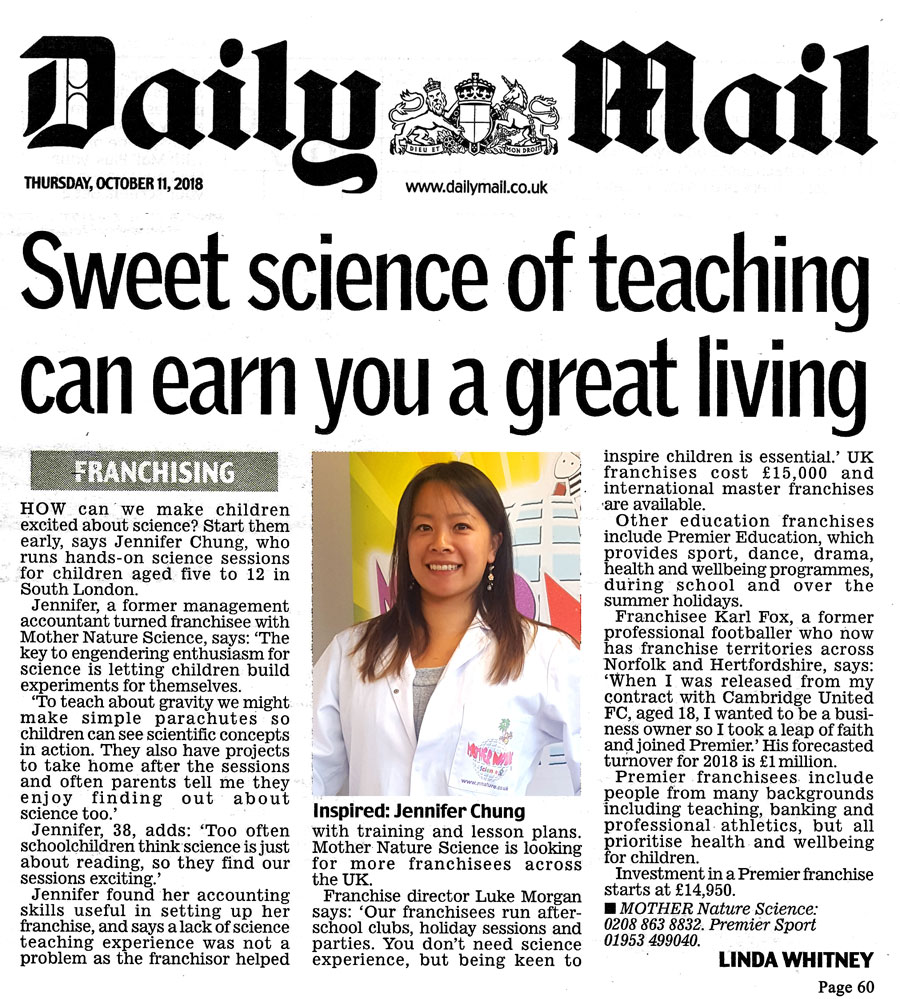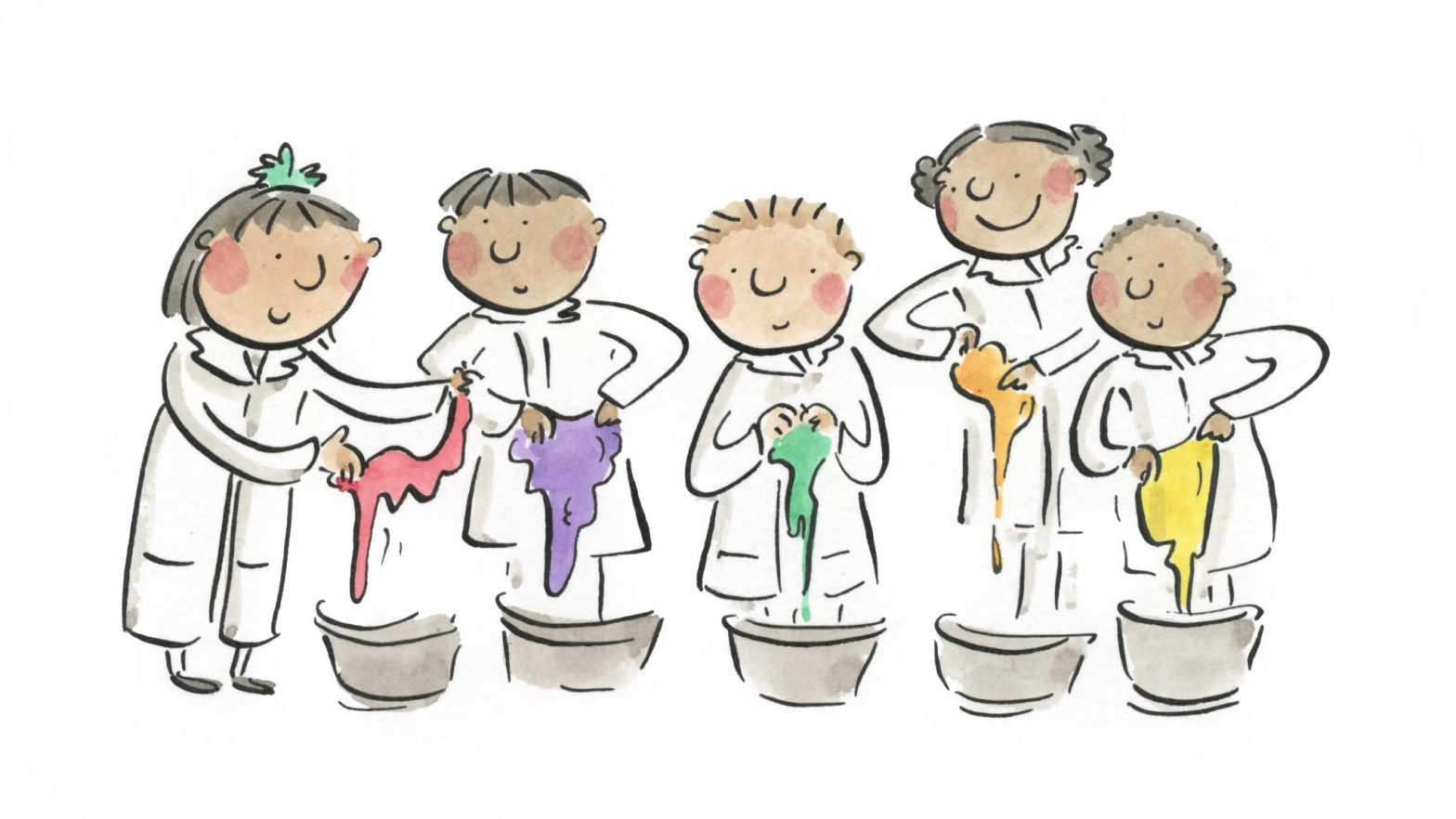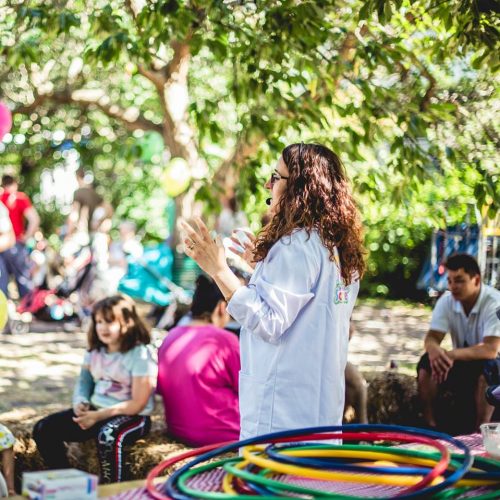Over 100,000 votes were cast in the 2019 Hoop Awards to find the UK’s favourite kids activities and celebrate the people and organisations that go above and beyond to entertain, educate and inspire your children!
Mother Nature Science were voted Best Holiday Workshops family activity organisers in London for 2019 below!



